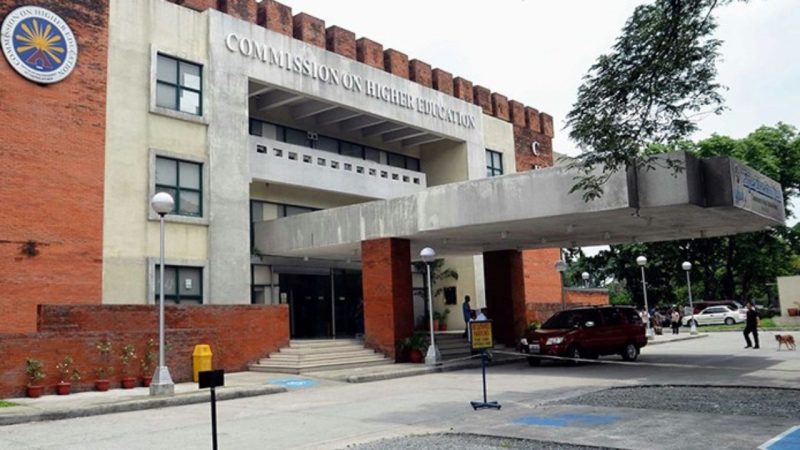MANILA – The Commission on Higher Education (CHED) is actively forging international partnerships to bolster Science, Technology, Engineering, and Mathematics (STEM) programs in higher education institutions (HEIs) across the country. In line with the administration’s vision, CHED Chairperson J. Prospero de Vera III has emphasized the importance of preparing Filipino STEM graduates with competitive capabilities.
During the Laging Handa public briefing on Thursday, de Vera stated that CHED is assisting in establishing collaborations with universities from other countries to ensure the President’s directive yields fruitful outcomes for our university programs. Memoranda of agreements (MOAs) have already been signed, and more are in the pipeline leading up to an international conference scheduled in Canada this November.
De Vera shared this update after witnessing the signing of an MOA between the Philippine State College of Aeronautics (PhilSCA), the World Citi Colleges (WCC), and the British Columbia Institute of Technology (BCIT) on June 27. This partnership aims to provide aspiring aircraft maintenance specialists and avionics technicians with opportunities for studying, training, and obtaining credentials both in the Philippines and Canada. The agreement was formalized during the British Columbia Council International Education Week 2023 Conference in Victoria, BC, Canada.
Nursing Program
De Vera also provided insights into inter-agency efforts to enhance the curriculum and opportunities for nursing students in the country. He highlighted the government’s short-term, medium-term, and long-term solutions.
As an immediate response, De Vera proposed offering support to nursing graduates who did not pass the licensure examinations by providing access to competitive review classes. He mentioned plans to launch an agreement with the Department of Health (DOH) to assist these nursing graduates who are employed as assistants in government and private hospitals. The CHED, DOH, and private hospitals will explore funding options for the review classes.
De Vera emphasized the need to establish a certificate or diploma program to produce healthcare associates or assistants in the country as a medium-term solution. This program aims to provide support to nurses in a shorter timeframe, rather than waiting for five years. Healthcare associates can assist licensed nurses with basic assessments such as temperature checks, recording and monitoring patients’ blood pressure, and preparing rooms, among other tasks.
Furthermore, De Vera highlighted the long-term implications of lifting CHED’s moratorium on new nursing programs since 2011. This decision will significantly impact the nursing landscape in the country, with an expected production of an additional 3,000 nursing graduates within the next five to six years. Currently, approximately 55 universities have applied to CHED for the reopening of nursing programs. (ai/mnm)







